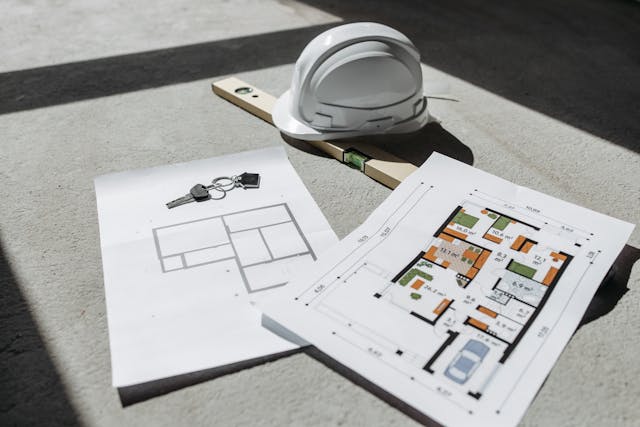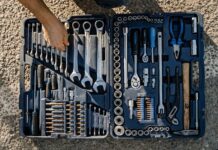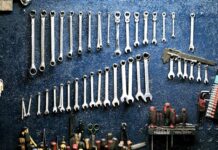In the world of construction and trades, precision is paramount. Whether you’re a seasoned professional or a weekend warrior, the importance of having the right measuring tools cannot be overstated. The ability to get accurate measurements can significantly impact the quality of your work, making it essential to invest in the best measuring tools available. In this guide, we will explore the must-have tools for accuracy and how they can enhance your craftsmanship.
Why Measuring Tools Matter
Every successful tradesman knows that taking precise measurements is the foundation of any project. From carpenters to electricians, each trade relies on accurate dimensions to ensure everything fits together perfectly. Poor measurement can lead to costly mistakes, wasted materials, and time-consuming rework. By utilizing high-quality measuring tools, you not only ensure accuracy but also enhance your overall efficiency.
Types of Measuring Tools
Let’s delve into the various types of measuring tools that every tradesman should have in their arsenal:
1. Tape Measures
Tape measures are indispensable for any tradesman. They are portable, flexible, and allow for quick and accurate measurements over both short and long distances. Look for a tape measure with both imperial and metric measurements, a sturdy housing, and a locking mechanism to keep the tape in place. Some popular brands include Dewalt and Stanley, known for their durability and accuracy.
2. Laser Distance Measurer
For tradesmen who require precise measurements over larger distances, a laser distance measurer can be a game-changer. These devices use laser technology to provide accurate readings and can measure up to several hundred feet with minimal error. They often come with additional features like calculation functions and memory storage, making them one of the best measuring tools for professionals.
3. Leveling Tools
Levels are critical when your work requires a horizontal or vertical reference. Traditional bubble levels are handy, but electronic levels offer superior accuracy. A digital level can bring additional features such as angle readings and sound alerts when the surface is level, ensuring the utmost tools for accuracy are within reach.
4. Squares
Squares, including framing squares and speed squares, are vital for ensuring right angles in your projects. These tools help in laying out and cutting materials correctly. A combination square can serve multiple purposes, from measuring angles to checking the flatness of surfaces, making it a versatile addition to your toolbox.
5. Calipers
Calipers are essential when you need to measure internal and external dimensions as well as depths. Digital calipers provide quick readings and are especially helpful for precise measurements in woodworking or metalworking. They are quick to use and eliminate guesswork, providing reliable data for your projects.
How to Choose the Right Measuring Tools
With a variety of measuring tools available, choosing the right ones for your needs can be overwhelming. Here are a few tips:
- Material: Invest in tools made from high-quality materials that can withstand wear and tear.
- Type of Work: Analyze the types of projects you commonly undertake and choose tools specifically catered to those tasks.
- Budget: While it may be tempting to opt for cheaper alternatives, remember that investing in high-quality tools can save you money in the long run.
Maintaining Your Measuring Tools
To ensure the longevity and accuracy of your best measuring tools, proper maintenance is vital. Here are a few maintenance tips:
- Keep tools clean and free of debris.
- Store them in a dry place to prevent rust and corrosion.
- Regularly calibrate tools, especially those that are used for critical measurements.
Frequently Asked Questions
What measuring tools do I really need?
While it depends on your trade, at minimum, a high-quality tape measure, a level, and a square are essential for most tradesmen.
How do I ensure accuracy when measuring?
To ensure accuracy, always double-check your measurements, use reputable tools, and consider working with a partner to verify distances.
Can I use my smartphone as a measuring tool?
Yes, there are numerous apps available that utilize your smartphone’s camera and sensors to assist with measurements, although they may not be as precise as traditional measuring tools.
Conclusion
Using the right measuring tools is vital for achieving accuracy and professionalism in your work. The tools mentioned above are among the best in the market, designed to provide you with the precision you need for successful projects. By investing in high-quality options and properly maintaining them, you’ll ensure your measurements are consistently accurate, enhancing your overall craftsmanship.
For further reading on measuring tools and accuracy, you can explore the following resources:











